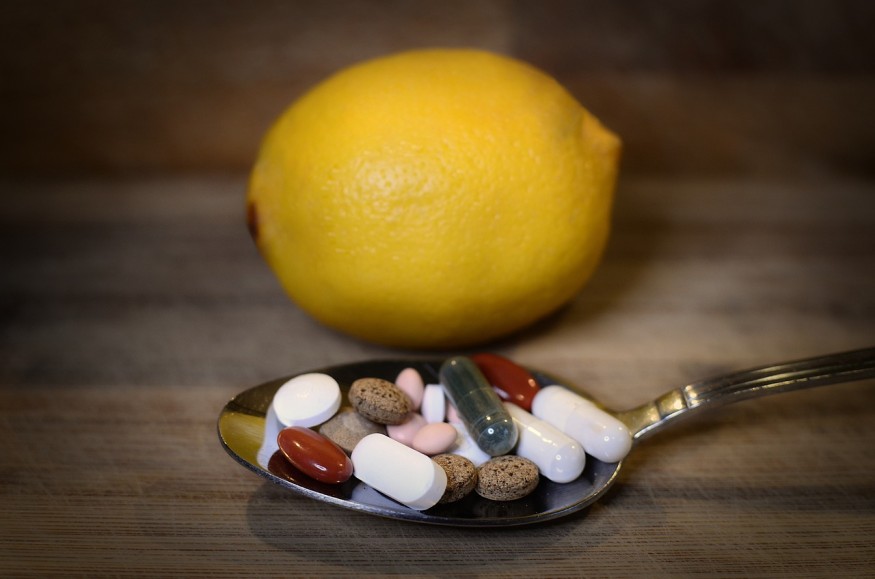
In the quest for optimal health and vitality, understanding the nuanced requirements of our bodies and brains is important. While there exists no one-size-fits-all solution for supplement intake, discerning the appropriate vitamins and minerals becomes clearer when considering age and lifestyle factors.
During the 20s and early 30s, a focus on a high-quality diet serves as the cornerstone, with considerations for supplements such as vitamin D3 and omega-3 to address common deficiencies. As individuals venture into plant-based diets, supplementing with vitamin B12, iodine, vitamin D, iron, and zinc becomes imperative.
Transitioning into the 30s and early 40s prompts considerations for skin, hair, and nail health, with collagen and vitamin C emerging as key supplements. Additional micronutrients crucial for maintaining skin health encompass the antioxidant selenium, which aids in combating cellular damage, B vitamins essential for promoting skin structure, vitamin A for lubrication, and zinc, known for its anti-inflammatory properties and support in maintaining healthy hair.
"The B vitamins, including biotin, vitamin B6, and B12, are also important for hair structure," Dr. Carrie Ruxton, a dietitian at the Health and Food Supplements Information Service, explained, as per Vogue. "Eat more high-quality lean protein foods, such as eggs, turkey, fish, venison, and pork, or take a B complex supplement."
Lifestyle factors like alcohol consumption require multivitamin and multi-mineral supplements to mitigate nutrient depletion, while prioritizing gut health through fiber-rich foods or probiotic supplements is essential.
The onset of perimenopause or menopause shows the importance of supplements like vitamin B6, folate, and magnesium in managing hormonal fluctuations and mood swings. Combatting stress and anxiety across all ages warrants exploration of supplements like omega-3 and ashwagandha for their stress-reducing properties.
Entering the 40s and 50s, the natural decline of muscle mass emerges as a pivotal concern for individuals in this age group. While prioritizing protein intake and engaging in strength training remain paramount strategies, the inclusion of micronutrients such as vitamins B12, C, and D can offer additional support.
Nutritionist Jules Strauss explains that the perceived slowdown in metabolism often correlates with diminishing muscle mass and subsequent reductions in metabolic capacity. Research has shown the potential of polyphenols, a group of micronutrients, to facilitate fat burning, enhance metabolic health, aid in recovery, and alleviate muscle soreness, providing further avenues for addressing age-related physiological changes.
"In terms of supplementing, I think maintaining gut health is really important, so eat a varied, colorful diet and include some probiotic foods like live yogurt, kefir, sauerkraut, or kombucha. There are also a number of probiotic and prebiotic supplements on the market," Strauss suggested.
After reaching the age of 50, individuals typically prioritize bone health, heart health, and cognitive function. Dr. Ruxton explains that despite consuming healthier diets, older adults often experience reduced nutrient absorption, particularly of vitamin B12, calcium, and vitamin D, necessitating increased nutrient intake.
A suitable solution lies in age-appropriate multivitamin supplements enriched with minerals to bolster overall nutrient levels. Additionally, targeted supplementation becomes imperative, focusing on bone health with calcium, magnesium, and high-dose vitamin D to safeguard bone density and prevent fractures. To support heart health, supplementation with omega-3s, B vitamins, and potassium is recommended, while cognitive function can benefit from folic acid, vitamin B6, magnesium, and polyphenols.
With aging, cellular damage from oxidative stress leads to inflammation, a process that can be mitigated by incorporating omega-3 fats, which possess anti-inflammatory properties, as recommended by Dr. Ruxton. Additionally, joint health supplements like glucosamine and chondroitin are suggested to alleviate joint discomfort and swelling. Strauss advocates for the inclusion of curcumin and turmeric in one's regimen for their anti-inflammatory benefits, showing the heightened importance of protein intake in the 50-plus age group to mitigate muscle mass decline and maintain glucose metabolism.
